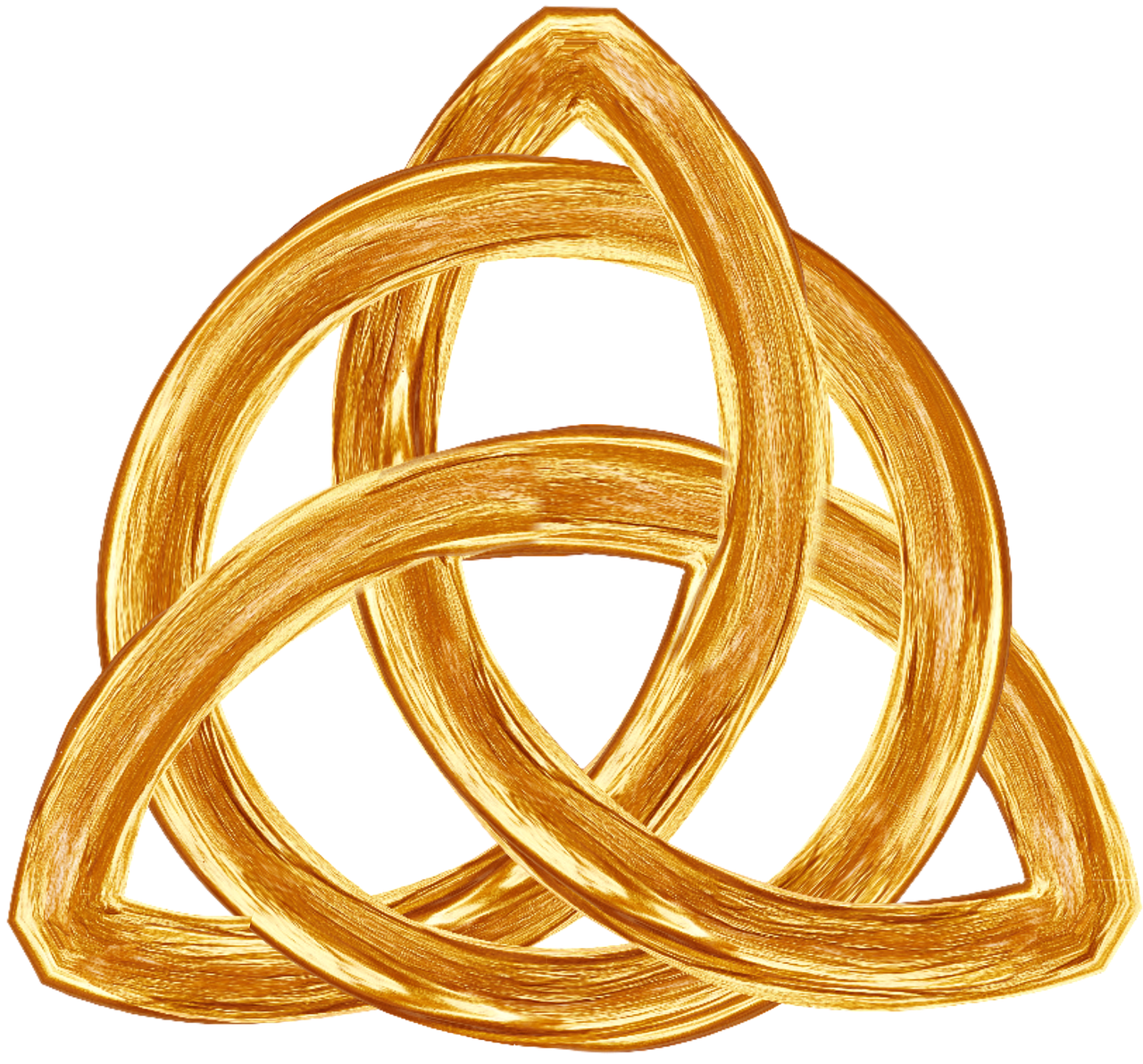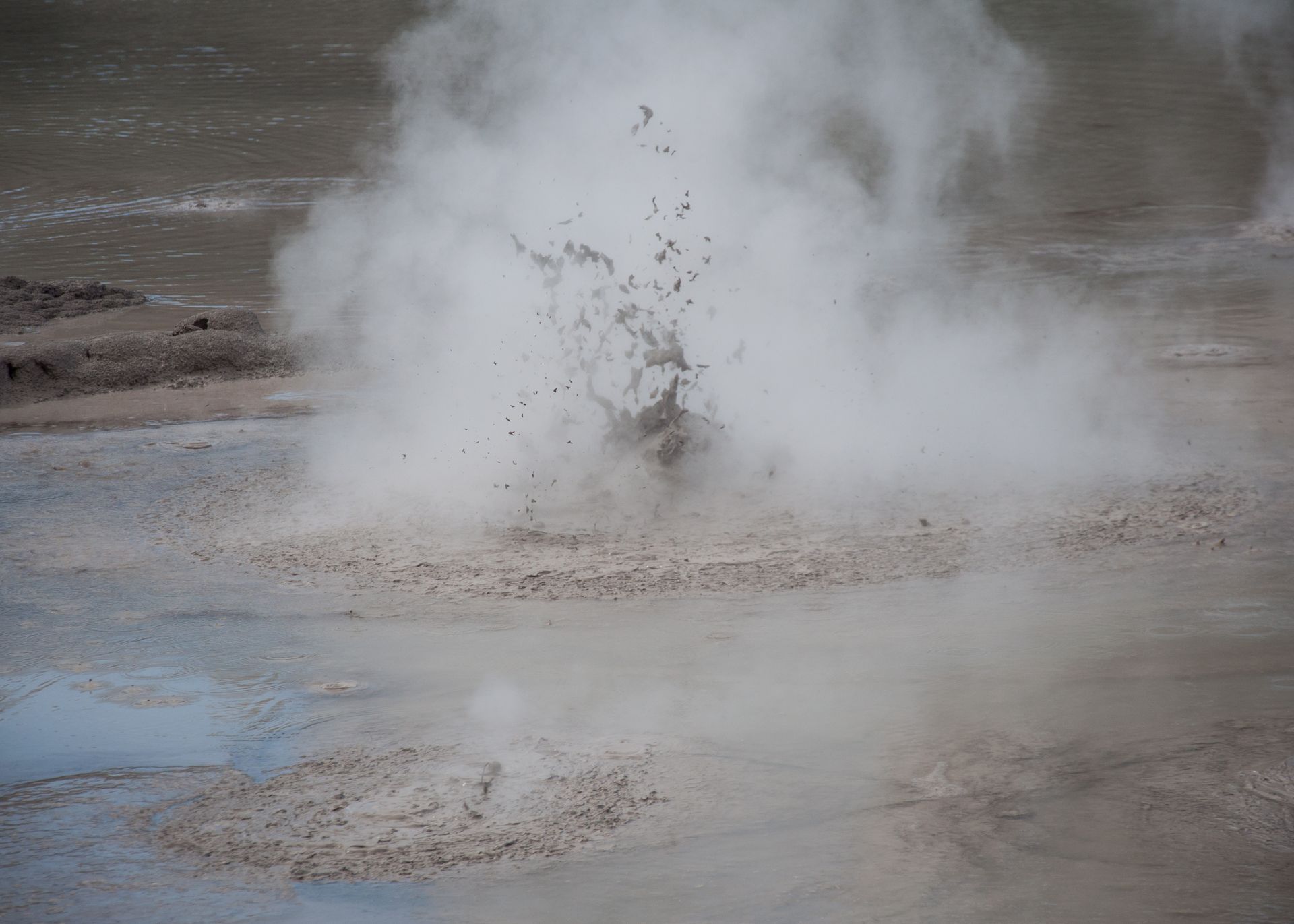Dispatch #4: The Heart of Love

When I started this post, I thought it was going to be about the nature of happiness. Unfortunately, Dante and tea are currently connected in my head and I needed to figure out how. So...here is yet another dispatch on the nature of tea.
In the Paradiso, Dante says of his vision of the Trinity:
…my gaze more boldness yet assumed
Till to the Infinite Good at last had won.
In that abyss I saw how love held bound
Into one volume all the leaves whose flight
Is scattered through the universe around;
…That light doth so transform a man’s whole bent
That never to another sight or thought
Would he surrender, with his own consent;
For everything the will has ever sought
Is gathered there, and there is every quest
Made perfect, which apart from it falls short.
…High phantasy lost power and here broke off;
Yet, as a wheel moves smoothly, free from jars,
My will and my desire were turned by love,
The love that that moves the sun and the other stars.[1]
What does it mean for God to be “the love that moves the sun and the other stars?” Growing up, my definition of Him was closer to the First Judge, the God of Law and Order who defines what it means to be good and gives shape and meaning to the moral universe. But Dante’s observation seems much more in keeping with the personal God who died for His creation, declared that He wanted son-service not slave-service, and descended to hell to free the damned. For Dante, God’s love transforms and gives a new direction to Dante’s will and desires just as He gives shape and movement to the universe itself. In Medieval cosmogony, the universe consisted of a series of circles, growing ever smaller until you reached the center. The fact that Earth was in the center circle did not negate the fact that it was the smallest circle.
This is where tea and Dante intersect. Tea is symbolic of being, and the circular teacup emphasizes its unity and harmony. A small circle is still a circle, with the meaning and symbolism intact. We may not believe in the Medieval idea that the Primum Mobile—the outermost and highest circle of the universe—is moved by the love of God, but we can still learn from the idea itself. Contentment is a state of fullness—a still center from which we move. In this way, tea can become sacramental—filling ourselves with the love of the Heart of the Universe Himself.
Dante translation by Dorothy Sayers.
Photo courtesy of Good Free Photos and Unsplash.



The author of this blog is an Anglican millenial who loves tea, the great books, depth psychology and nutrition.
Contact Us
All Rights Reserved | Powered By Snapps
